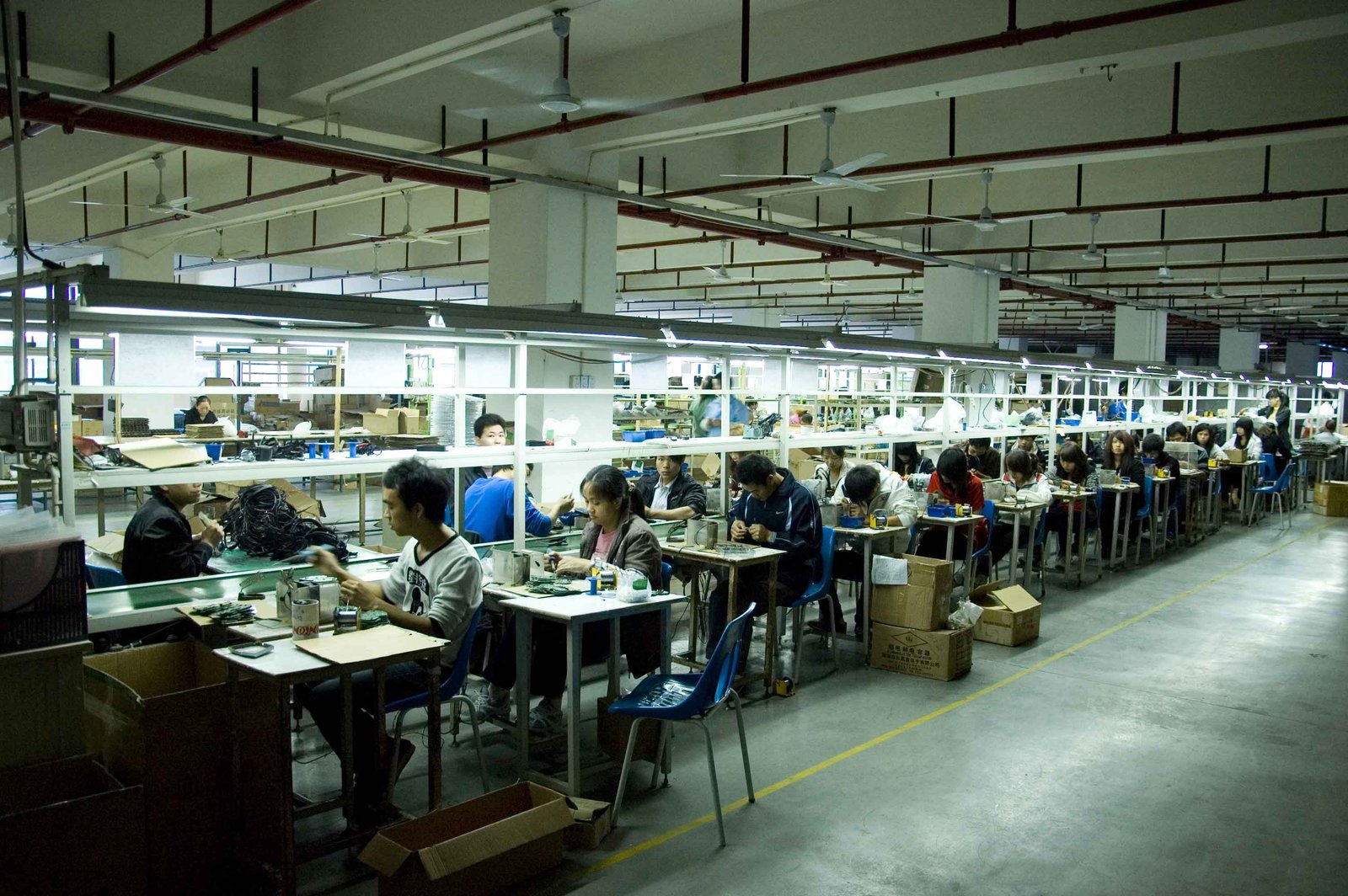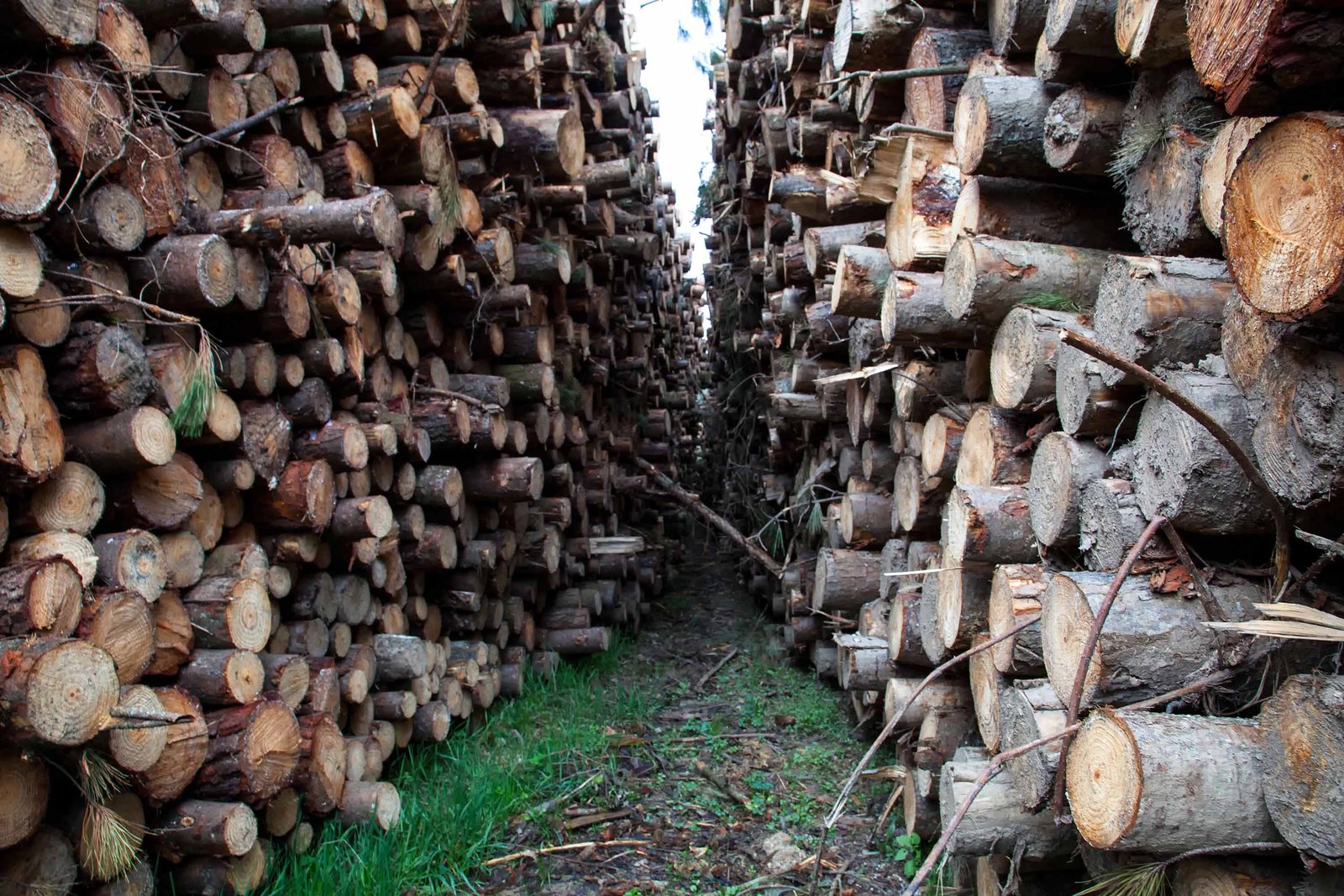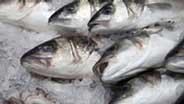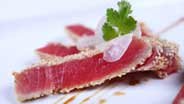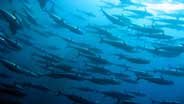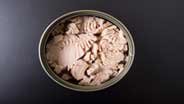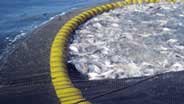Marine Stewardship Council (MSC)
The creation of the Marine Stewardship Council (MSC) in 1997 was a direct result of two global organizations, World Wide Fund for Nature (WWF) and Unilever, wanting to tackle the issue of a lack of sustainably sourced seafood. Together both Organisations set up the MSC.
- 1. Recognise and reward fisheries that can prove they fish sustainably.
- 2. Work with fishery and commercial partners to build a market for sustainable seafood.
- 3. Give buyers and consumers an easy way to find seafood from a sustainable fishery (The blue MSC ecolabel).
There are three parts to the MSC solution:
Any wild capture fisheries can seek MSC fisheries certification whatever their size, type or location. The MSC program does not include farmed fish, which is why their ecolabel is only ever displayed on wild caught fish.
Useful links:



